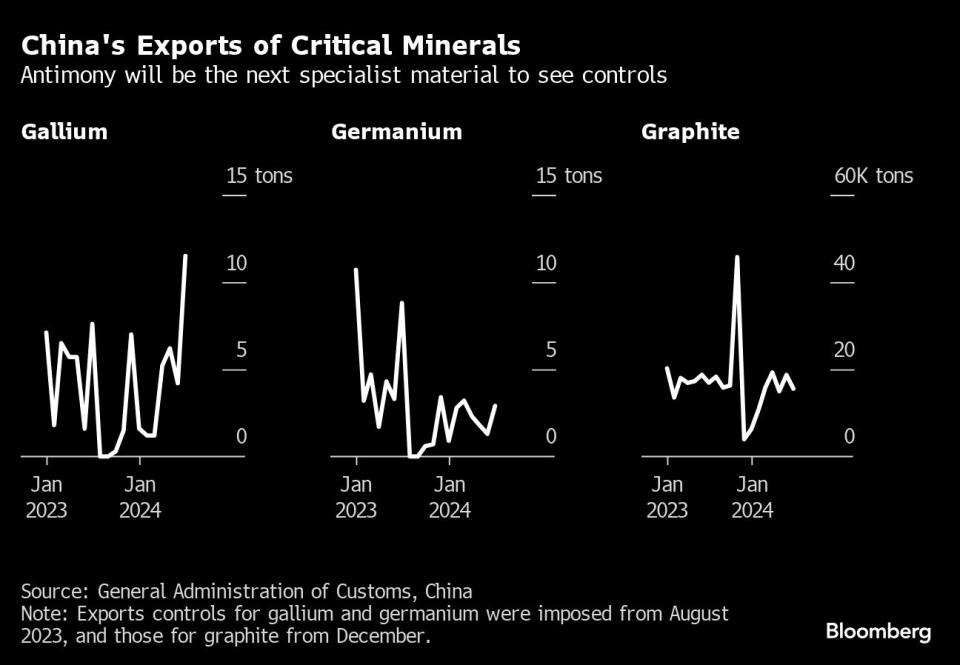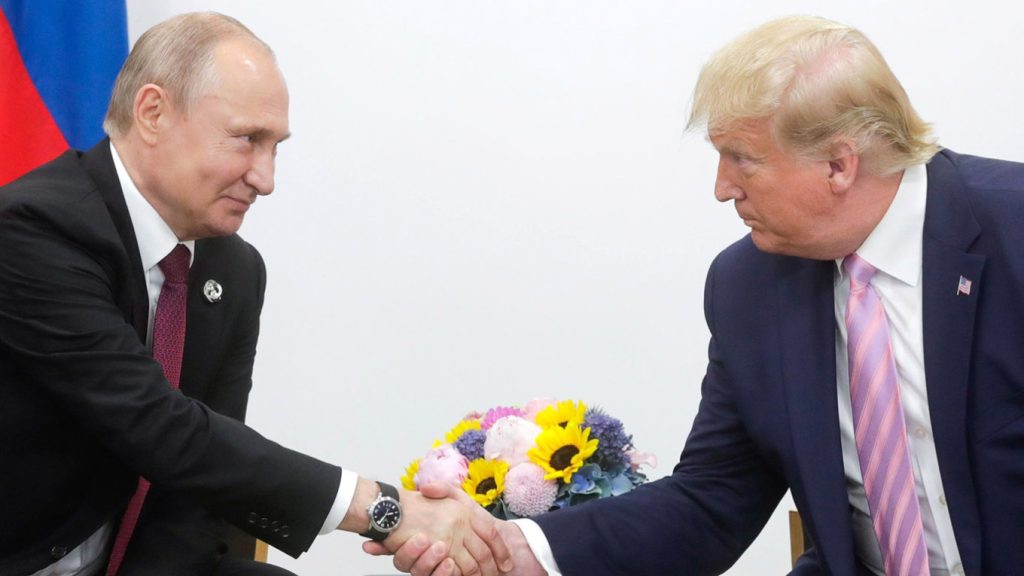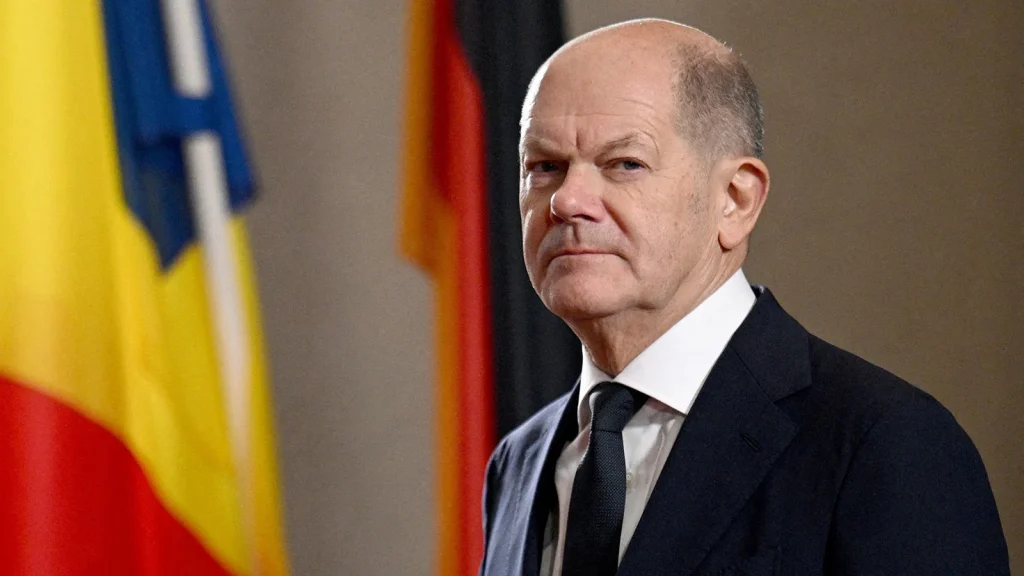Russian gas era in Europe ends as Ukraine stops transit
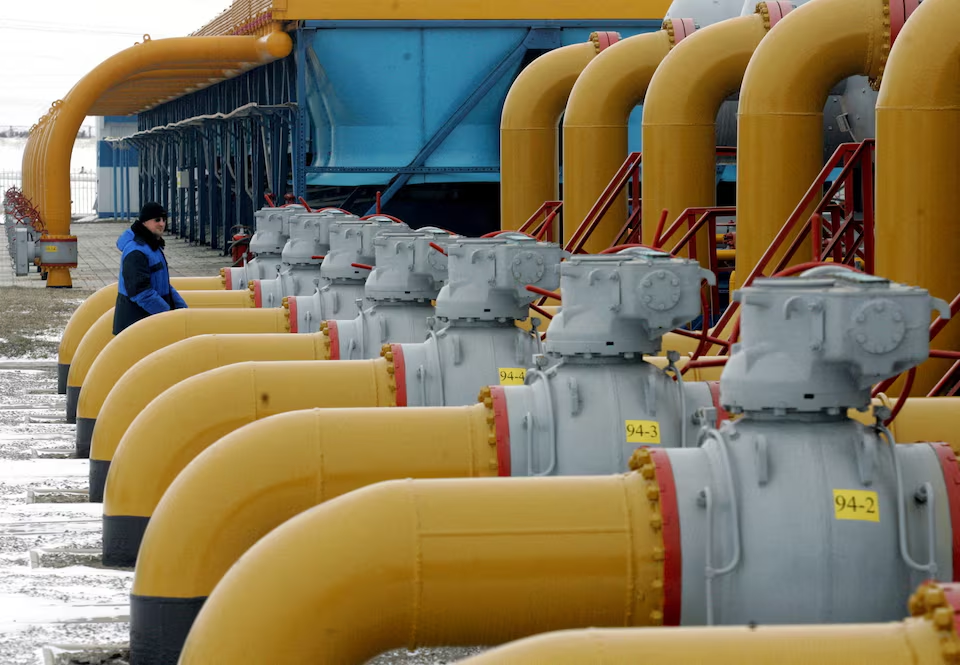
The era of Russian gas dominance in Europe has come to an abrupt end as Ukraine, a key transit country, officially halted the flow of natural gas through its pipelines. This significant shift in energy dynamics marks the culmination of a long-standing reliance on Russian gas supplies that has spanned decades. The move is part of the broader geopolitical tensions that have escalated since Russia invaded Ukraine, reshaping energy markets and forcing European nations to seek alternative sources of energy.
Ukraine’s decision to stop the transit of Russian gas comes after months of heightened tensions and disruptions in the energy sector. As the war in Ukraine intensified, Russia significantly reduced or entirely halted gas deliveries to many European countries, citing technical reasons and economic sanctions. Meanwhile, Ukraine has become a major battleground in the broader energy conflict between Russia and the West. With the latest development, Ukraine’s actions have effectively severed one of the last remaining energy ties between Russia and Europe.
The pipeline that once transported Russian gas to Europe via Ukraine was one of the key routes for gas shipments to the continent. For decades, European countries, including Germany, Italy, and others, relied heavily on Russian natural gas as a primary energy source. However, following Russia’s invasion of Ukraine in February 2022, the European Union, along with the United States, imposed a series of sanctions on Russia, aiming to weaken its economic ties with the West. In retaliation, Russia gradually curtailed its energy exports, leaving Europe scrambling to secure alternative supplies.
Ukraine’s decision to stop the flow of gas is seen as both a strategic and symbolic move. By halting transit, Ukraine not only cuts off a major source of Russian revenue but also asserts its role in the ongoing geopolitical struggle. The Ukrainian government has stated that the disruption of gas transit is in response to Russian aggression, aiming to limit Russia’s influence over Europe’s energy markets. Ukrainian officials also cited security concerns and the need to ensure that gas supplies are not used to fund Russia’s military efforts.
The move has sent shockwaves through European energy markets, which had already been grappling with soaring prices and supply uncertainties. European countries have been under pressure to diversify their energy sources, reducing their dependence on Russian fossil fuels. Since the start of the conflict, the EU has made significant efforts to find alternative suppliers, including liquefied natural gas (LNG) imports from the United States, Qatar, and other nations, as well as ramping up efforts to adopt renewable energy sources.
The halt in Russian gas transit through Ukraine forces Europe to confront its energy vulnerabilities. Gas shortages have led to rising prices, which have significantly impacted households and industries across the continent. European governments have had to implement energy-saving measures and offer financial support to mitigate the economic fallout. As temperatures drop during the winter months, energy security remains a critical concern for many nations.
Ukraine’s action is also a significant blow to Russia, which has long used its energy exports as a geopolitical tool. The European market has been one of Russia’s most lucrative customers for natural gas, and the suspension of transit services to Europe represents a major loss of both revenue and strategic leverage. Russia has already been seeking new markets for its gas, notably in Asia, but the loss of European customers is a major setback for the Russian economy.
In response to Ukraine’s move, Russia has sought to strengthen its energy exports to China and other Asian nations. Moscow has been increasingly dependent on energy trade with China, with the construction of new pipelines and infrastructure projects designed to facilitate this shift. However, the Russian economy remains heavily reliant on energy revenues, and the cessation of gas flows to Europe significantly undermines its economic stability.
Looking ahead, the end of Russian gas transit through Ukraine marks a turning point in Europe’s energy landscape. The European Union has committed to phasing out Russian energy imports, but the transition is complex and fraught with challenges. While the EU has made strides in reducing its dependence on Russian energy, alternative energy sources are not yet sufficient to fully replace Russian gas, particularly during the colder months. The ongoing energy crisis is likely to continue as European nations adjust to this new reality.
As the global energy landscape continues to shift, the war in Ukraine and the end of Russian gas transit through Ukraine are likely to have lasting consequences on international energy markets. For Europe, the end of the Russian gas era signals the beginning of a new chapter in its energy future—one that will require continued investment in renewable energy, energy efficiency, and the development of new supply routes to ensure long-term energy security.


